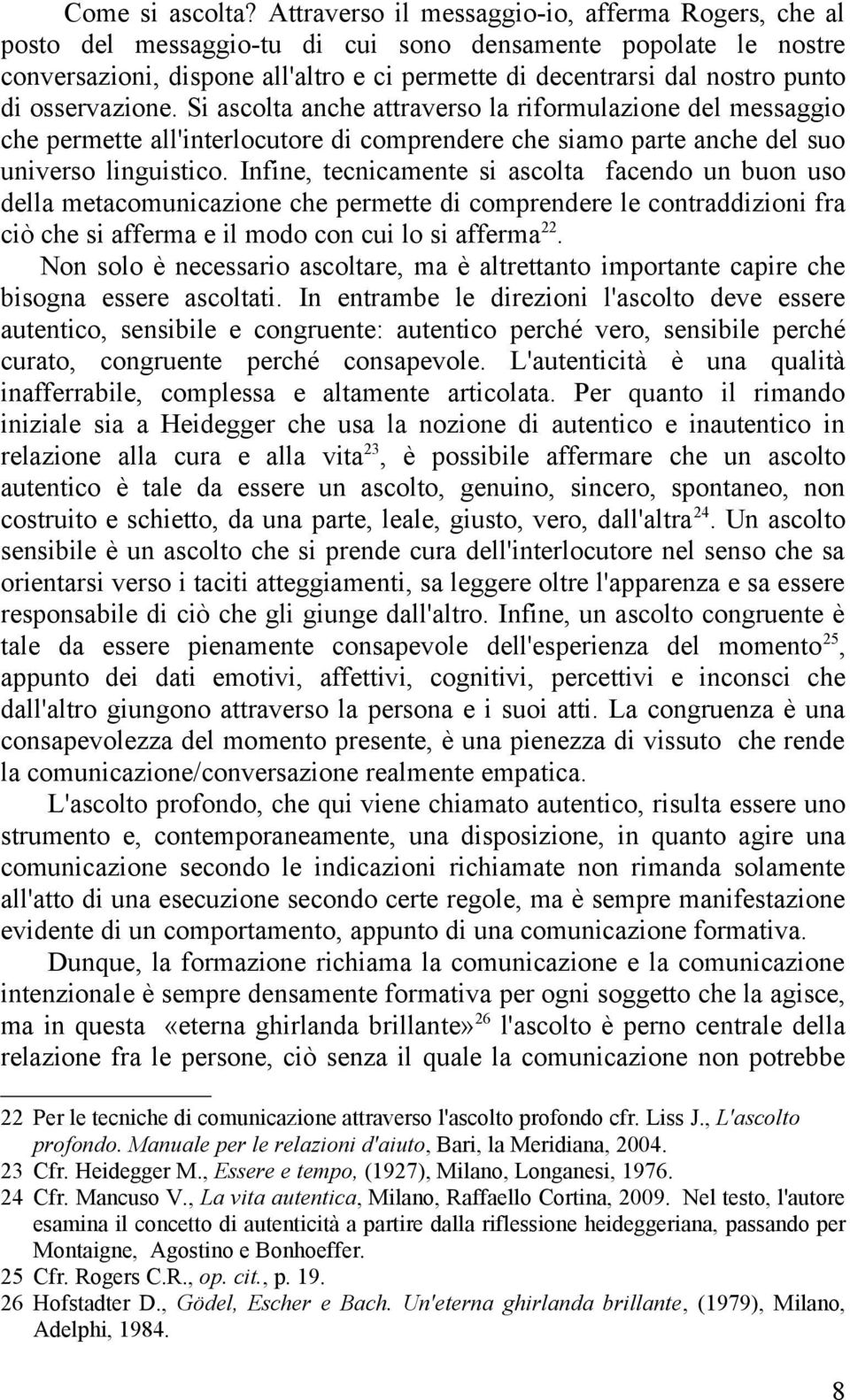Eterna Ghirlanda Brillante Pdf Viewer
Posted By admin On 29/06/18
An axiom is something that is just assumed to be true. It is not based on logic or reasoning. It is said to be self-evident. The truth of it is An axiom is something that is just assumed to be true. It is not based on logic or reasoning. It is said to be self-evident.
The truth of it is supposed to be so obvious that it need not be proven. Indeed, it cannot be proven. A theorem is an assertion of fact. It usually is not obvious. Its truth can only be proven by arguing according to a set of rules called 'logic.'
Its truth depends on the truth of the premises, so if you can start with axioms and follow the rules and reach the assertion, then the theorem is considered 'proven,' and 'true,' and can be used as the basis for further argument to prove other theorems. Hofstadter dives into levels of meaning, recursion and strange loops to try to explain consciousness. He proposes that consciousness is both a result Hofstadter dives into levels of meaning, recursion and strange loops to try to explain consciousness. He proposes that consciousness is both a result of the neural net and something more. It's a complex, many-layered argument. The second half of the book deals greatly with consciousness, but the mathematics in the first half is essential to understanding his argument. If you open up the '20th Anniversary Edition' of GEB, you'll see that the first thing Douglas Hofstadter does in the introduction - the very first thing - is grouse that nobody seems to understand what his book is about.
Not even its publishers or readers who just absolutely love it. A quick glance at the back cover will give you the same impression - even the glowing, two-sentence blurbs are hilariously vague, all of them variations on the theme of 'Well, that certainly was. Symphonic Dances From West Side Story Program Notes Haydn. Yes, If you open up the '20th Anniversary Edition' of GEB, you'll see that the first thing Douglas Hofstadter does in the introduction - the very first thing - is grouse that nobody seems to understand what his book is about. Not even its publishers or readers who just absolutely love it. A quick glance at the back cover will give you the same impression - even the glowing, two-sentence blurbs are hilariously vague, all of them variations on the theme of 'Well, that certainly was. Yes, quite a wonderful something indeed.'
So how are you supposed to know whether to pick it up? Or put less delicately, how are you supposed to know whether reading all 740 dense, sprawling pages is worth your while? The short answer is: 'Read this book if you like to think about thinking, as well as to think about thinking about thinking.' The long answer makes me nervous - since the typical review of this book apparently misses the point entirely, I feel like I'm starting out on thin ice.